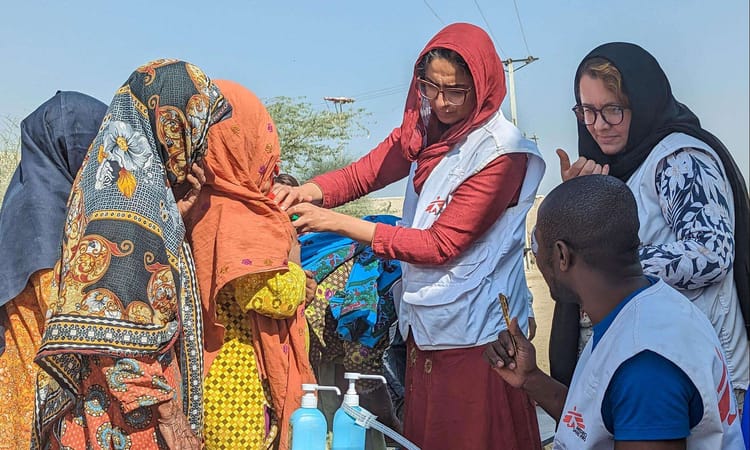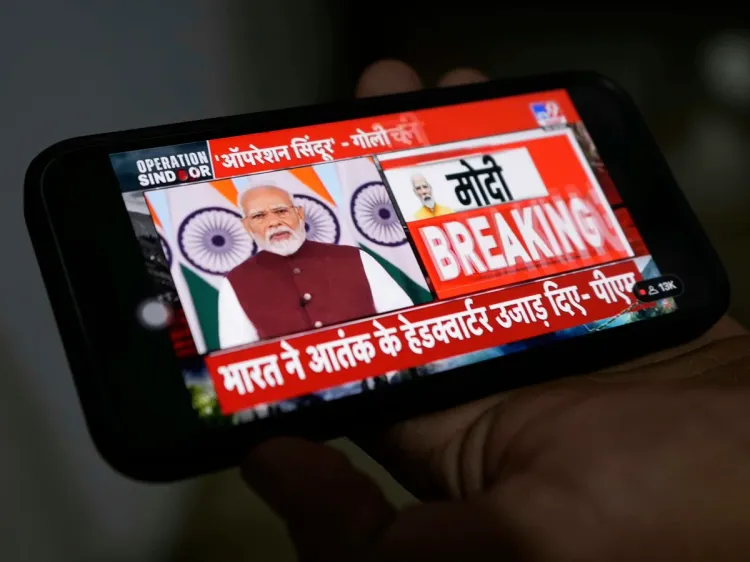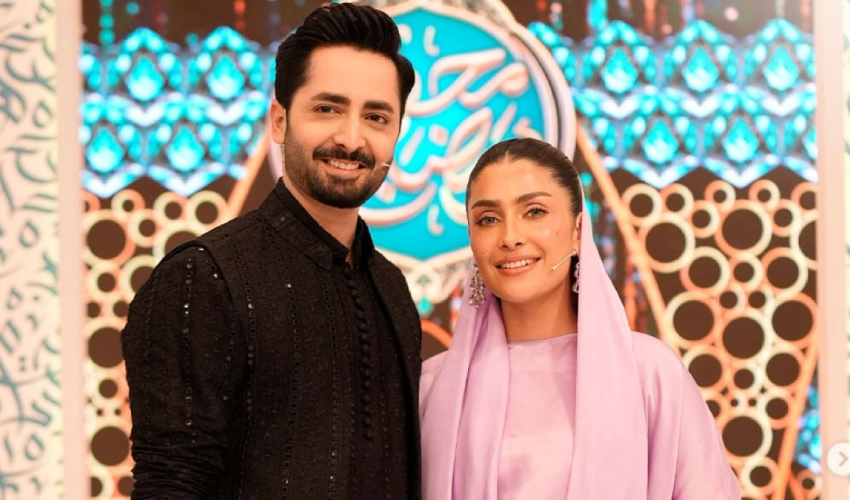Deepfake Drama: The Alarming Rise of Fake Content Targeting Pakistani Actresses

By Seerat Khan
The use of AI and generative AI tools to create deep fake videos and images is becoming increasingly common in Pakistan. We’re now immune to seeing videos and images of public personalities being plastered all over our social media sometimes with the intention to overtly sexualize them and other times for humor purposes or harming someone’s reputation. However, with more and more of this content being readily posted on platforms there is a risk of increasing harms against women and vulnerable communities in the country. Women are already subjected to online harms and technology-faciliated gender based violence (TFGBV) with their personal information and images being used against them many time. Now with tools readily available which can alter images and videos this risk has become twofold and can have catastrophic consequences for women in the country.
Case in point is the new deepfake images being circulated on online platforms of Pakistani actress Hania Aamir. Over a month ago Hania’s pictures were circulated online which the actress highlighted were deepfake. Using deepfake tools Hania’s face was superimposed on someone else’s body in an attempt to malign her reputation and cause harm. Hania spoke about the incident on her Instagram account with a screenshot of the profile that had been posting hundreds of her images on the account. Upon investigation it was found out that the Instagram account’s origin was from across the border in Chandigarh, India. Hania asked her fanbase on Instagram to mass report the account which led to the account getting restricted. The account later changed its name and deleted all her photos along with making the profile private. However, what’s interesting is that the account has been operational since September 2022 and since then has changed its name 18 times.
Recently with the popular drama Kabhi Main Kabhi Tum nearing its end, we saw on another deepfake image going viral on social media platforms, this time featuring Hania and her co-star Fahad Mustafa. The image, which falsely depicts a kiss between the two actors from a scene in the show, has sparked strong reactions from fans. While some support the actors, others have criticized them harshly. These growing deepfake images has started a troubling trend on YouTube, with many accounts monetizing this deepfake content and spreading further misinformation about the actors. A simple Google search for the image reveals multiple headlines labeling the actors’ characters as “immoral” and “indecent,” using the deepfake still as proof. The monetization of deepfake content is a concerning issue with potential long-term consequences for public figures.

Content creators have a responsibility to follow ethical practices when covering sensitive topics like this. When a woman’s reputation is threatened by deepfake imagery, it’s essential to avoid sharing such images directly or using sensationalized headlines that may cause harm. In Pakistan, where violence against women remains a serious issue, many women face abuse and violence in the name of protecting "reputation" and "honor." As viewers, we also have a duty to question what we see online and verify information before forming opinions about others. With AI and generative tools becoming more advanced, deepfakes will continue to become more realistic and harder to identify from genuine content. In time, the line between reality and misinformation will blur further which can potentially lead to further problems for women and vulnerable groups in the country.
When viewers come across content like this they need to ensure that do not share harmful content particularly avoid sharing images, videos or articles that could harm an individual’s reputation especially if they’re deepfakes. Additionally it’s important to question and verify content that you come across online and approach the content in a sensitive manner. As an audience we need to be cautious of sensationalism particularly since content creators use this tactic to sensationalize and distort narratives for further engagement. It is important to recognize the impact mis/disinformation and deepfakes can have on vulnerable groups particularly women and minorites in the country. Moreover, since deepfake content is becoming increasingly common it is important to stay informed about AI and deepfakes and look into resources developed by media groups on recognizing deepfakes. As an audience it is important to promote respectful and ethical discussion on online platforms and ensure that sensitive topics like women’s safety and honor are approached in an empathetic and senitized manner.
Seerat Khan is the Editor in Chief at Echoes Media and also a digital rights activist working with the Digital Rights Foundation as the Programs Lead.






Member discussion